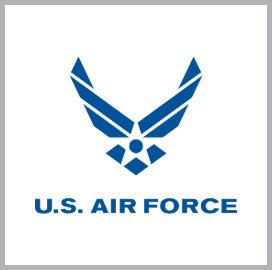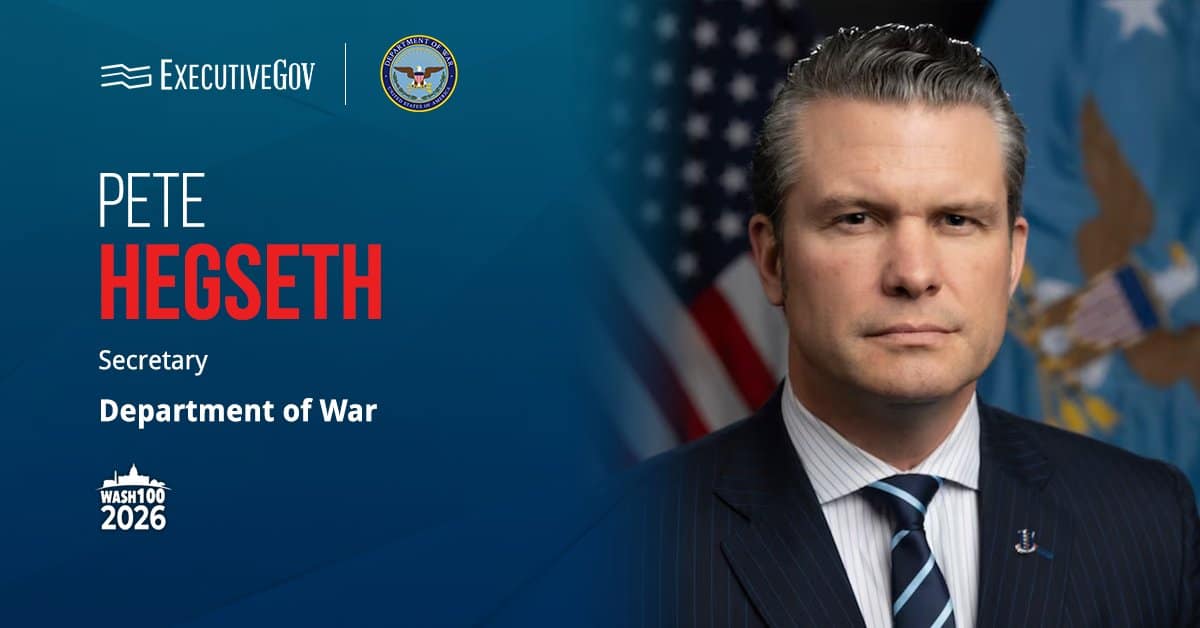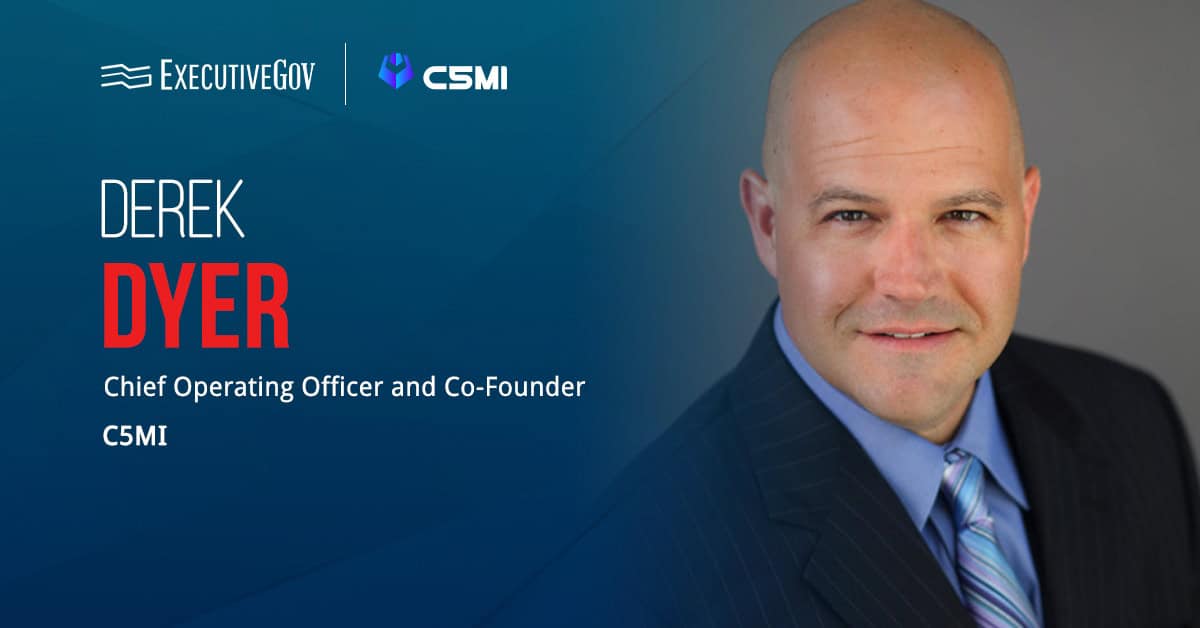The U.S. Air Force has selected six bases to house air task forces as part of an initiative that seeks to test a new approach to prepare airmen for combat, Air Force Times reported Thursday.
The chosen bases are:
- Davis-Monthan Air Force Base
- Scott AFB
- Joint Base San Antonio
- Dyess AFB
- Fairchild AFB
- Seymour Johnson AFB
Under the task forces model, airmen will undergo training via the Air Force Force Generation cycle over several months before being deployed overseas. This process contrasts with practice following 9/11 where airmen from various bases have been combined into units overseas without training together first.
Under the leadership of colonels, the task forces will feature commanders and an executive staff, aircrews and maintainers and support squadrons.
ATFs are expected to complete the AFFORGEN cycle and deploy by fiscal year 2026.





